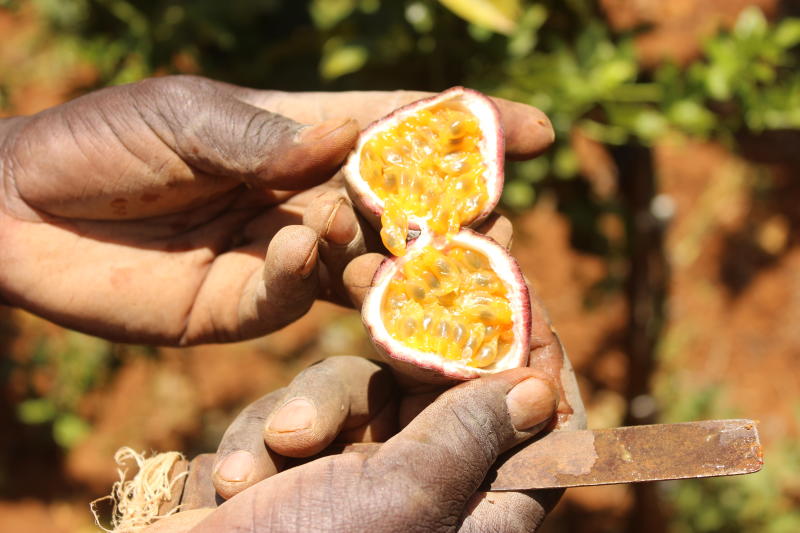×
The Standard e-Paper
Fearless, Trusted News

Many farmers have been planting traditional cash crops such as coffee and tea and use any remaining part of their farms to grow subsistence crops.
But Jesse Wahome Kioria, from Kiamutiga Sub location in Tetu, Nyeri County, has decided to try his hand in something else. Kioria is turning his farm into an orchard and has a fruit tree nursery.